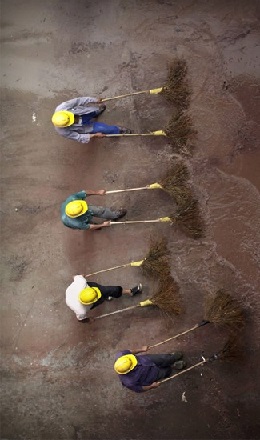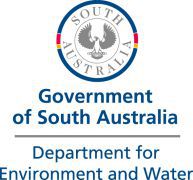State launches slavery probe
 The NSW Parliament has launched an inquiry into modern slavery risks facing temporary migrant workers in rural and regional areas of the state.
The NSW Parliament has launched an inquiry into modern slavery risks facing temporary migrant workers in rural and regional areas of the state.
The inquiry, initiated by the Modern Slavery Committee, aims to investigate working conditions in industries like agriculture, horticulture, and meat processing, which rely heavily on temporary migrant labour.
The inquiry is responding to the state’s growing reliance on temporary migrant workers, which has increased significantly in recent years.
Chair of the Modern Slavery Committee, Dr Joe McGirr MP, noted that “the number of temporary migrant workers has grown dramatically over the last five years”.
This trend is expected to persist as schemes expand to sectors like aged care and tourism.
Dr McGirr highlighted the economic benefits to NSW and rural communities, but also stressed the state’s “overwhelming humanitarian responsibility” to protect workers from potential exploitation.
This parliamentary review stems from findings in a report titled ‘Be Our Guests’ (PDF) by NSW Anti-Slavery Commissioner James Cockayne.
The report identified concerning practices including forced labour, deceptive recruiting, sexual servitude, and emerging instances of labour trafficking.
Dr McGirr said the report’s revelations were “troubling”, but the committee’s mandate under the Modern Slavery Act is well-suited to addressing these risks.
The inquiry will centre on firsthand accounts from migrant workers, focusing on “the incidence, causes, and extent of modern slavery risks” in the state.
The committee aims to create an environment for workers to share their experiences, ensuring that their stories inform potential legal reforms.
Although some of the key policies around migrant labour fall under federal jurisdiction, the inquiry seeks to identify opportunities for NSW legislators to influence outcomes and make evidence-based recommendations for safeguarding migrant rights.
Key areas of investigation include forced labour, gender-based violence, violations of entitlements (e.g., wages, superannuation, and leave), and issues like passport confiscation and debt bondage.
The inquiry will also assess whether current regulations and enforcement measures are sufficient and whether community resources are adequate to support vulnerable workers.
Submissions are open until 31 January 2025, with hearings to follow.
The committee is also considering the resourcing needs of local communities, NSW Government agencies, and non-government organisations that often provide vital support to temporary migrant workers at a local level.
NSW is home to a significant portion of Australia's temporary migrant workforce, including over 6,000 Pacific Australia Labour Mobility (PALM) workers and over 50,000 working holidaymakers in agriculture and related sectors.







 Print
Print



